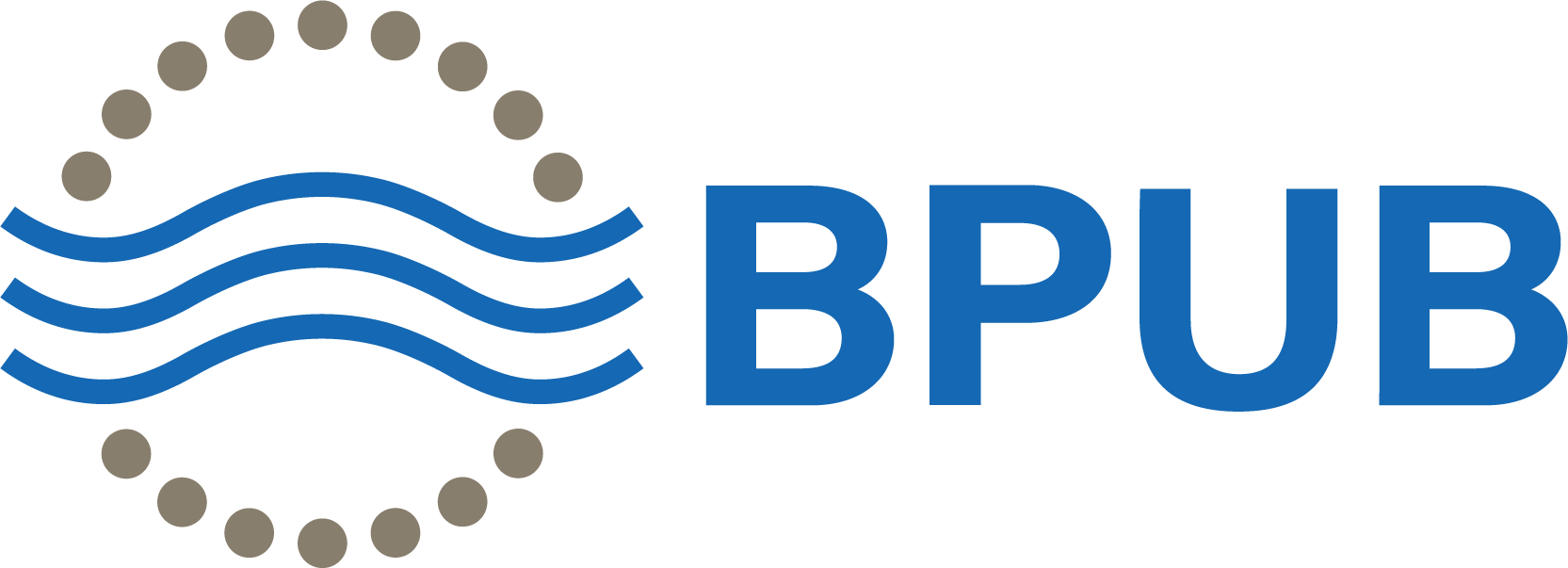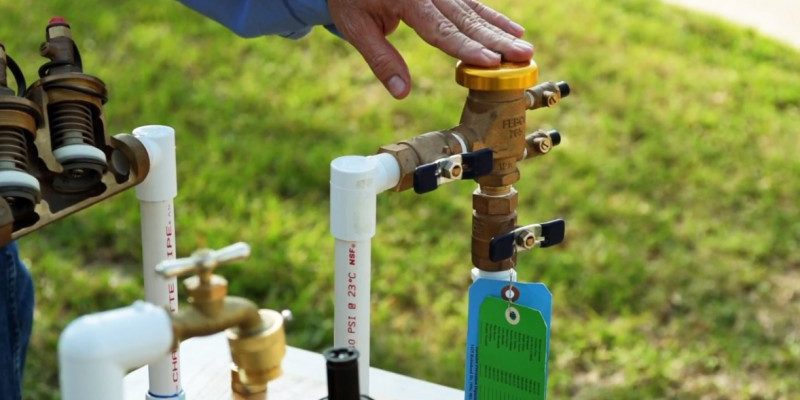Brownsville Passes New Cross Connection Ordinance
The Brownsville City Commission approved a new ordinance Dec. 4 that will help protect the city’s drinking water supply. The new ordinance requires backflow prevention devices to be installed and maintained to prevent contamination of drinking water.
What is it?
To understand the ordinance, it helps to understand the terminology. A cross-connection is a link between a public water system and any source containing nonpotable water or other substances. Examples of a cross-connection can include resacas, swimming pools and even a garden hose.
Backflow is the unwanted flow of outside substances back into the customer-side water system and/or public drinking water supply. There are two types of backflow: back siphonage and back pressure.
Back pressure is caused when a public drinking water supply is connected to another source that is operating at a higher pressure. Causes of backpressure are booster pumps, pressure vessels and elevated plumbing.
Back siphonage is caused by a negative or reduced pressure in the public drinking water supply line. This causes water to flow backward into the public drinking water supply. Back siphonage can occur during major waterline breaks, when repairs are made to the waterlines and when public drinking water supply is shut off.
It can be easy to prevent backflow, just as easy as a trip to the hardware store in many cases. There are many different types of backflow preventers; some are more expensive than others, depending on what it does. The backflow prevention device that most homeowners will need is a hose bib, which can be purchased for less than $10 and easily installed by the homeowner. Customers with swimming pools or connections to a resaca will likely need additional protection. All backflow prevention devices will need to be maintained and periodically replaced to ensure proper protection of the
Who does this affect?
This affects both commercial and residential customers. All Brownsville residents will need to comply with the ordinance by installing the appropriate backflow prevention devices, according to an inspection report completed by an authorized plumber or BPUB employee. For residential customers, there will be no charge for the inspection, but commercial customers will need to arrange and pay for an authorized plumber to perform the inspection.
Next Steps
BPUB is currently finalizing its approved service provider vendor list to perform the inspections. Commercial customers and new customers will be the first ones required to come into compliance with the new city ordinance, but eventually, all customers will need to have an inspection report filed and maintained with BPUB. The roll-out will be in phases, and more information, along with due dates, will be sent to customers to ensure that all know what needs to be done.
BPUB appreciates the assistance and support of its customers in regards to the new city ordinance. This new rule helps everyone as it will protect one of Brownsville’s most crucial resources, its drinking water supply.

